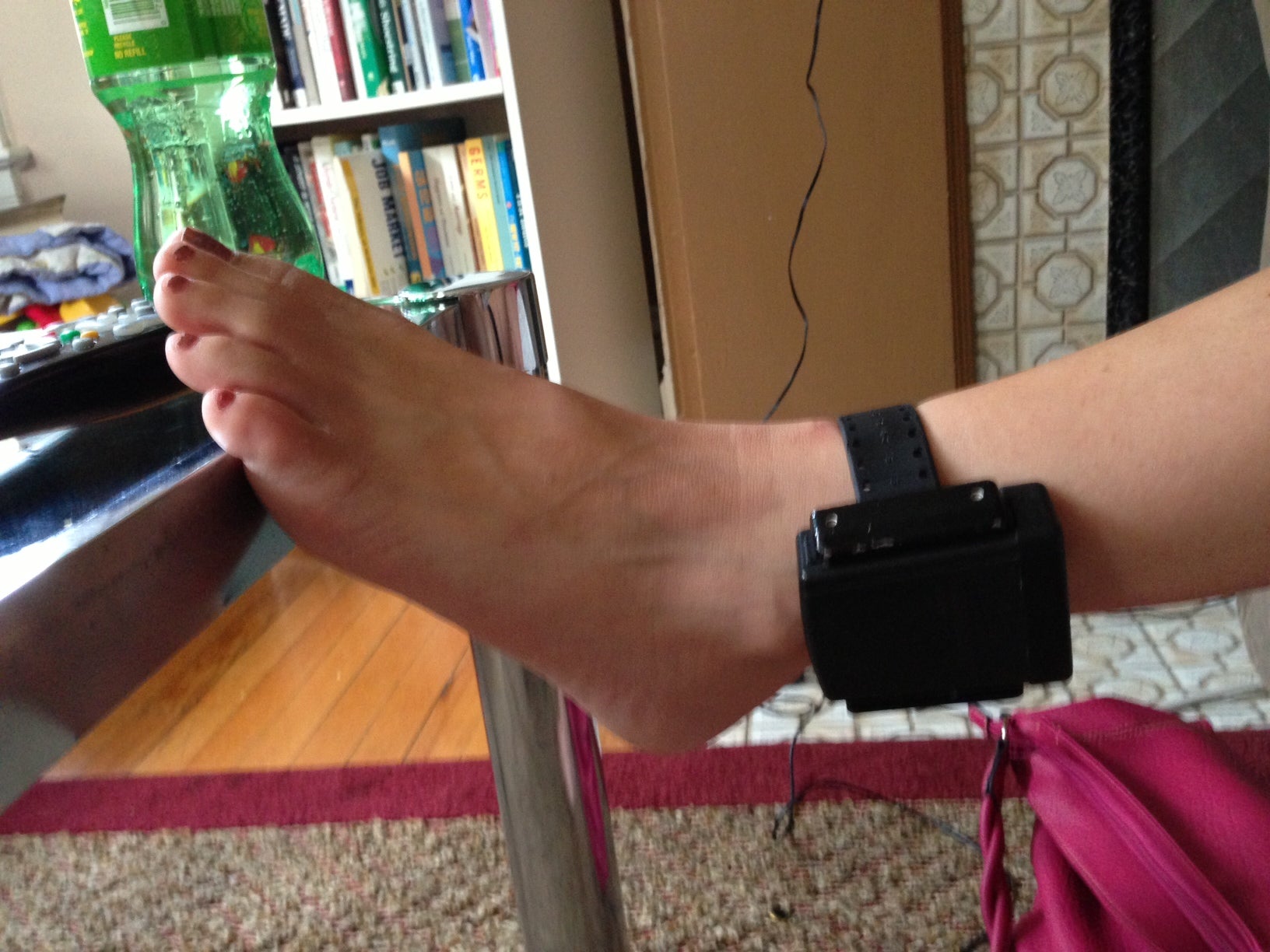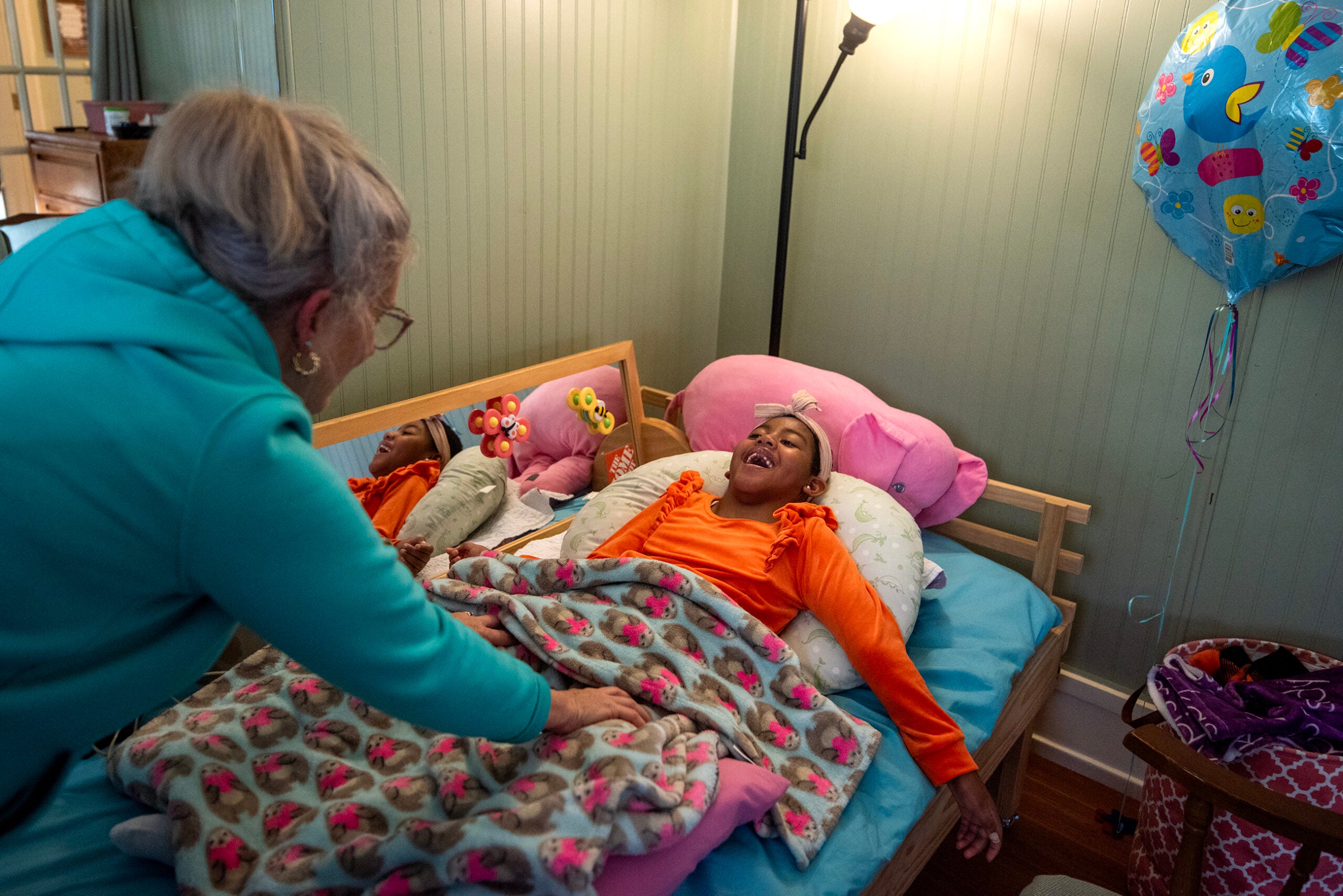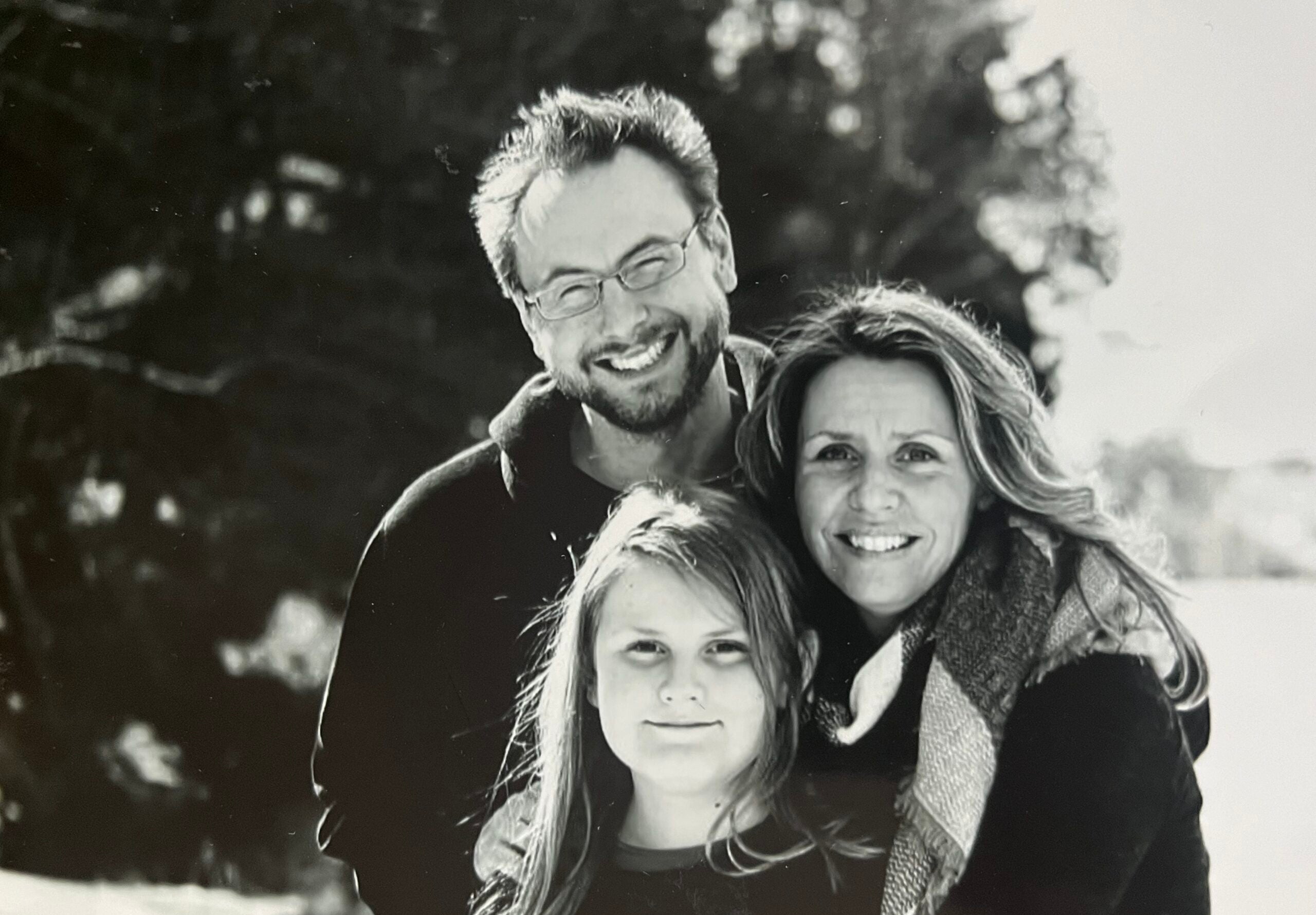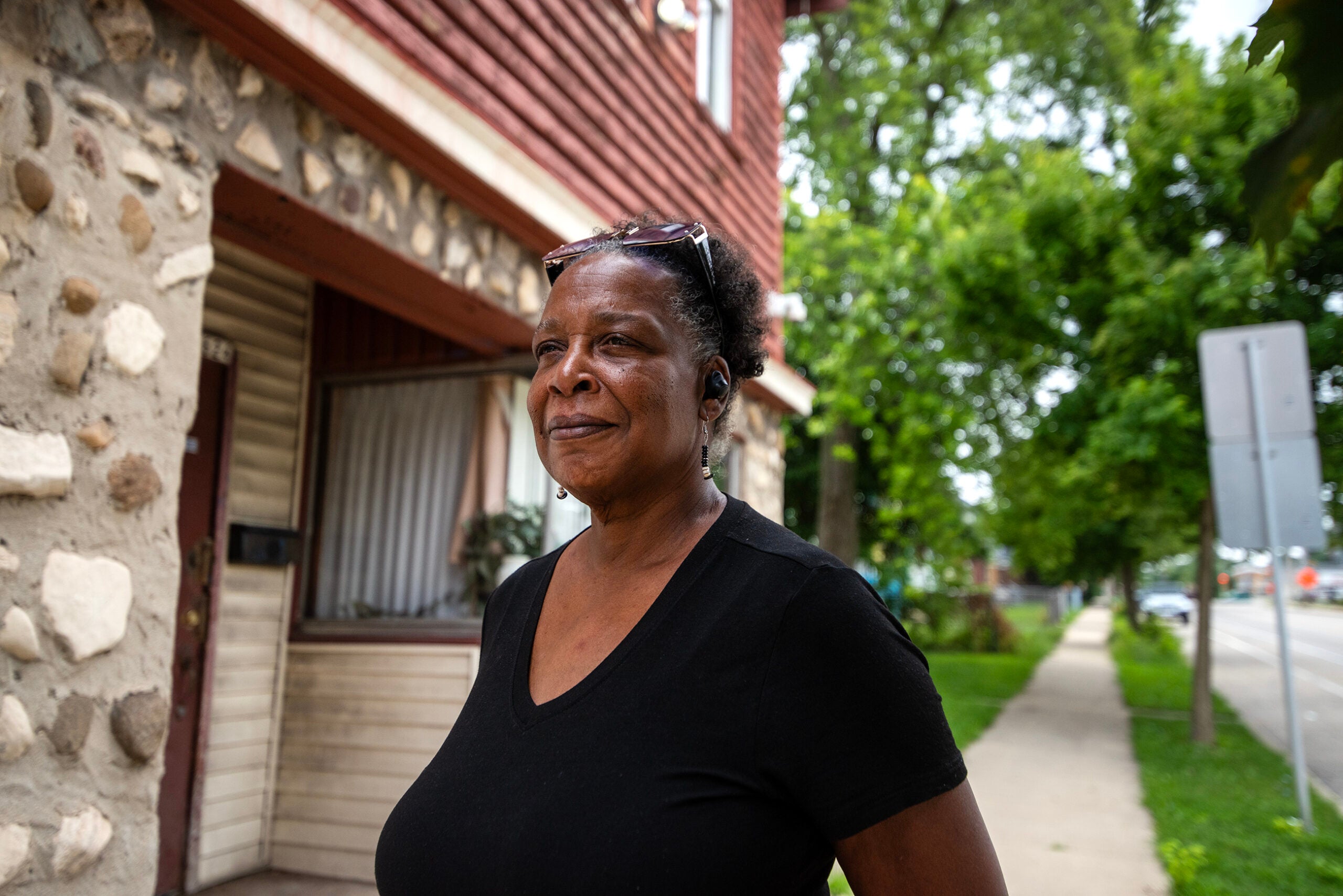Today is a bad day for Gina.
She’s curled up on a living room couch with the TV on mute. The petite 46 year-old, who doesn’t want her last name used because of the stigma attached to addiction, looks calm and relaxed, but she’s exhausted and in pain. It’s only been a few weeks since Gina last used heroin, so her mind and body ache from the drug’s absence. More than anything, her back is killing her. She can’t take anything to numb the pain like she used to.
“I first started using back in 2003,” says Gina. “I had a back surgery, and it started out as opiates [and] pain meds.”
News with a little more humanity
WPR’s “Wisconsin Today” newsletter keeps you connected to the state you love without feeling overwhelmed. No paywall. No agenda. No corporate filter.
Gina was prescribed drugs to help her recover. Soon after, her 14 year-old son was diagnosed with cancer, then her teenage daughter got pregnant. To cover up that pain, she started taking more pills, then eventually turned to the cheaper alternative, heroin. She was instantly hooked.
“It was the best high I’ve ever had,” says Gina. ” You just get high, you get relaxed and you really, honestly, forget about everything. You forget every worry or problem you have.”
She eventually needed more and more of the drug to reach that euphoric high. Over the course of a year, Gina tried to get clean countless times, but would experience the intense body aches, nausea, and diarrhea that accompany heroin withdrawal.
“I was doing it just to not go through the withdrawals and the sickness,” says Gina. “There were so many times I tried quitting, and I would get 24 hours in and be so sick. You would literally crawl to your car so you could use so you wouldn’t be so sick.”
Last fall, Gina went through detox and ended up on Suboxone, a legal pain killer that helps people kick opiate addictions by blocking the drug’s effects. It worked for Gina. She quit using heroin and didn’t even crave it. Then her insurance ran out.
“Two weeks after my insurance ran out and I ran out of Suboxone, I relapsed,” she says.
Heroin was back, taking away Gina’s physical pain. But with it came guilt.
One day, Gina and her daughter were driving around La Crosse with her granddaughter in the backseat. The cops pulled them over and Gina was arrested for a DUI and attempted possession of a narcotic. Her daughter wasn’t arrested. Gina says it was much worse: Her granddaughter was placed in the foster care system.
“My daughter lost her daughter then,” says Gina. “We lost her because of what I did.”
While Gina awaits trial, she lives in a group home for female offenders. She says the house is a godsend and if she won $1 million, she would open as many of these houses as she could.
Gina is determined to get heroin out of her life once and for all.
“I know where I’d like to be five years down the road,” she says. “I know what I’d like to do. But, I can’t look at that picture yet, because it’s a struggle making it through every day.”
In the meantime, Gina says she has three goals: find a good job, help her daughter get clean, and get her granddaughter out of foster care.
This is the third part of a six-part series. Be sure to check out part one and part two.
Wisconsin Public Radio, © Copyright 2025, Board of Regents of the University of Wisconsin System and Wisconsin Educational Communications Board.







